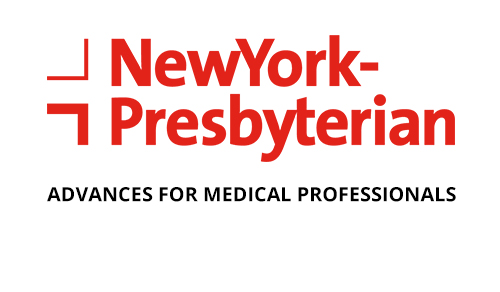Emphasizing Experiential Learning in Medical Education

Dr. Shari E. Gelber with medical students Rachel Friedlander and Rohini Kopparam
Faculty at Weill Cornell Medicine are applying an approach in medical education that puts theory into practice with increased faculty supervision. Shari E. Gelber, MD, PhD, an obstetrician/gynecologist and a specialist in maternal-fetal medicine at NewYork-Presbyterian/ Weill Cornell Medical Center, and Assistant Professor, Obstetrics and Gynecology at Weill Cornell Medicine, is spearheading educational initiatives for medical students and residents to provide more direct learning opportunities, encourage self-directed learning, and teach effective counseling skills so that they can empower patients to make decisions about their own health care.
In August 2014, Weill Cornell Medicine launched a new curriculum that teaches the core concepts of three fundamental themes required for the practice of medicine: basic science principles, the clinical skills involved in patient care, and “physicianship,” a skill set that includes professionalism, communication, medical ethics, and humanism.
“Our medical school curriculum is very practical, in which students learn from what we encounter in clinic that day,” says Dr. Gelber, whose educational responsibilities include teaching the Essential Principles of Medicine, conducting a roundtable discussion in medical ethics, and serving as Clerkship Director for the Department of Obstetrics and Gynecology. “Medical students have just finished a period in which all of their teaching is didactic, so this process teaches them how to learn by watching and doing. Our goal is to prepare them with the critical communication skills they need to function as physicians.”
The field of obstetrics and gynecology, in particular, notes Dr. Gelber, requires physicians to have strong communication skills due to the sensitive nature of taking a medical history and discussing delicate subjects, such as sexually transmitted diseases, unplanned pregnancies, sexual behaviors, and incontinence. The observed physician encounter clerkship enables medical students to interview and examine a patient while a faculty member is present to offer support, serve as a role model, and provide instant feedback. “This is very different than the earlier method of having the student talk to the patient on their own and later present their interaction to an attending,” says Dr. Gelber.
Weill Cornell medical students are introduced to clinical experiences early in their studies. Beginning in their first year, the LEAP (Longitudinal Educational Experience Advancing Patient Partnerships) program provides an opportunity for students to follow patients with chronic illnesses over the length of their training under the guidance of faculty mentors with whom they discuss the clinical and psychosocial dimensions of patient care.
“The best part of my medical education is being able to spend a lot of time with patients,” says Rana Khan, who just finished her second year as a medical student. “I began seeing patients on day one of my first year, and within a few months I was taking the medical history and performing the physical exam. These experiences give me a sense of what it’s like to be a doctor, and I feel like I’m not learning in a bubble — it’s real.”
Ms. Khan is also participating in Pregnancy Partners, in which she follows a single patient throughout her pregnancy, labor, and delivery. “Through all of my supervised patient encounters I’m learning how to talk to patients professionally and respectfully,” says Ms. Khan. “Hands-on learning allows me to see what the experiences and processes are like for the patient. So often we don’t get to see how the medical system impacts the patient.”
The curriculum also includes a scholarly research project in a selected area of concentration. “The students conduct the project under the guidance of a mentor,” says Dr. Gelber, “giving them the chance to spend more time working one-on-one with a faculty member.”
Last summer, Ms. Khan collaborated with Dr. Gelber in the Atkins Curriculum Scholarship program, a summer research fellowship focused on research surrounding cardiometabolic risk. “Dr. Gelber has great ideas and is so enthusiastic about research, and she takes the time to explain the smallest details,” says Ms. Khan. This summer, Dr. Gelber is working with medical students Rohini Kopparam, who has a grant to study preeclampsia, and Rachel Friedlander, who is pursuing two projects — the first on metabolic rate and the gut microbiome in relation to gestational diabetes and a second project on the use of cast iron pots to help treat iron deficiency anemia in pregnancy.
“Our new model for clinical learning encourages students to analyze clinical problems rigorously, discuss the interpretation with our physicians, and then implement the clinical plan,” says Dr. Gelber. “Through this approach, the student is encouraged to develop independent clinical skills, while safeguarding the highest level of patient care.”
Related Publications

Championing Best Practices in Maternal Health





